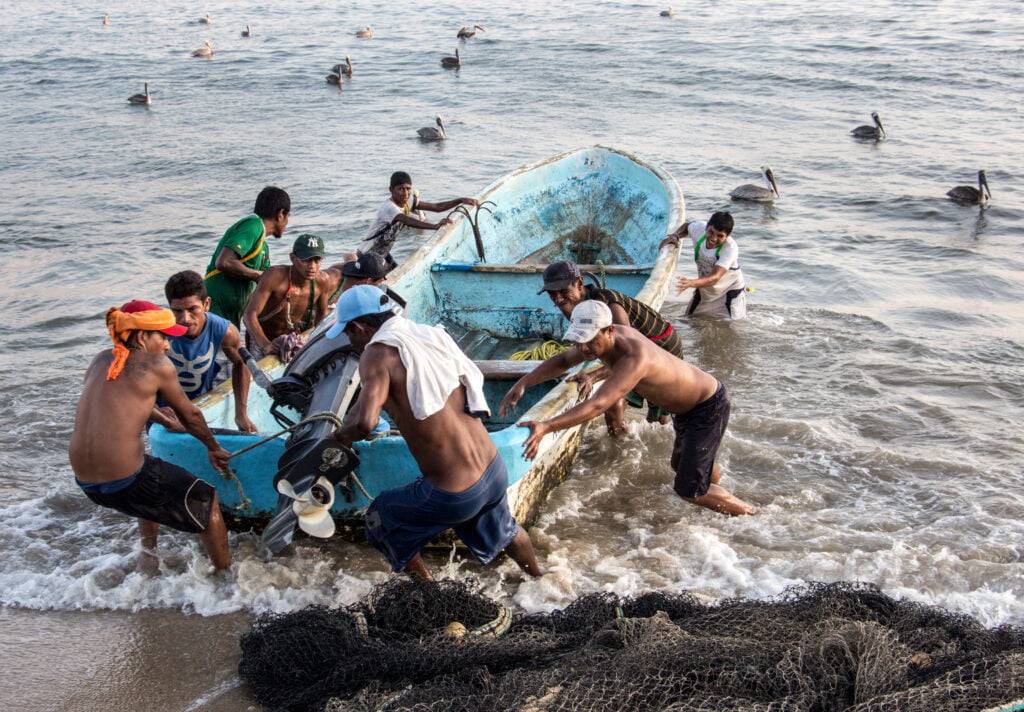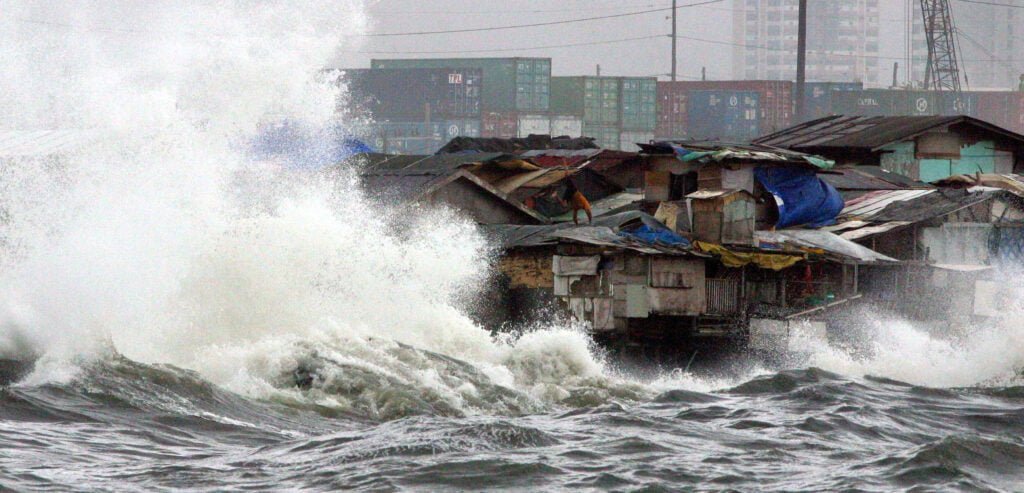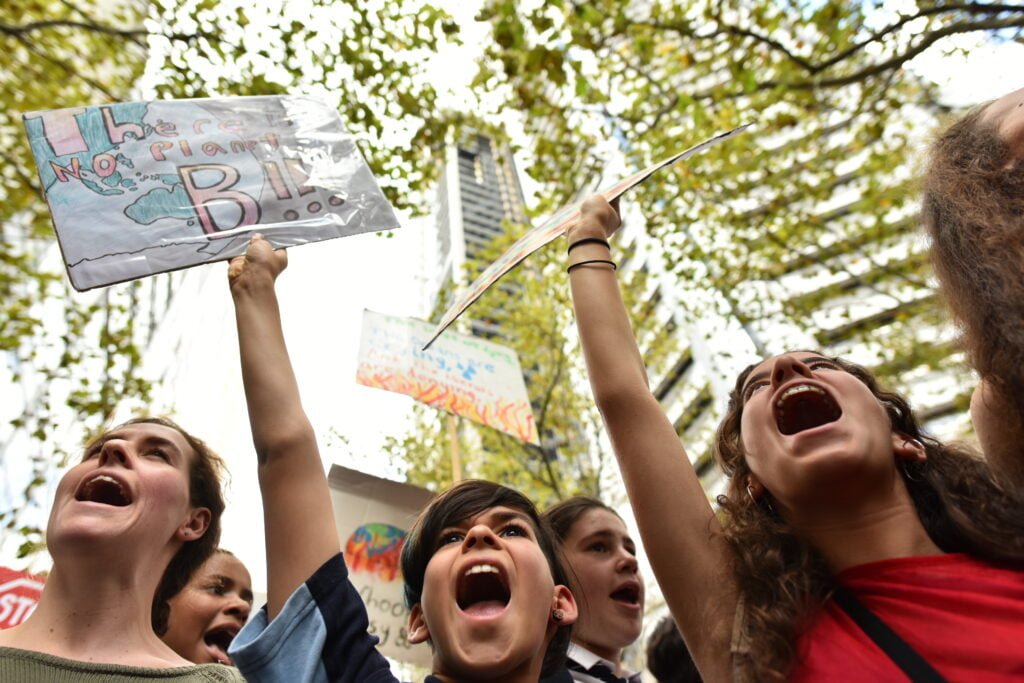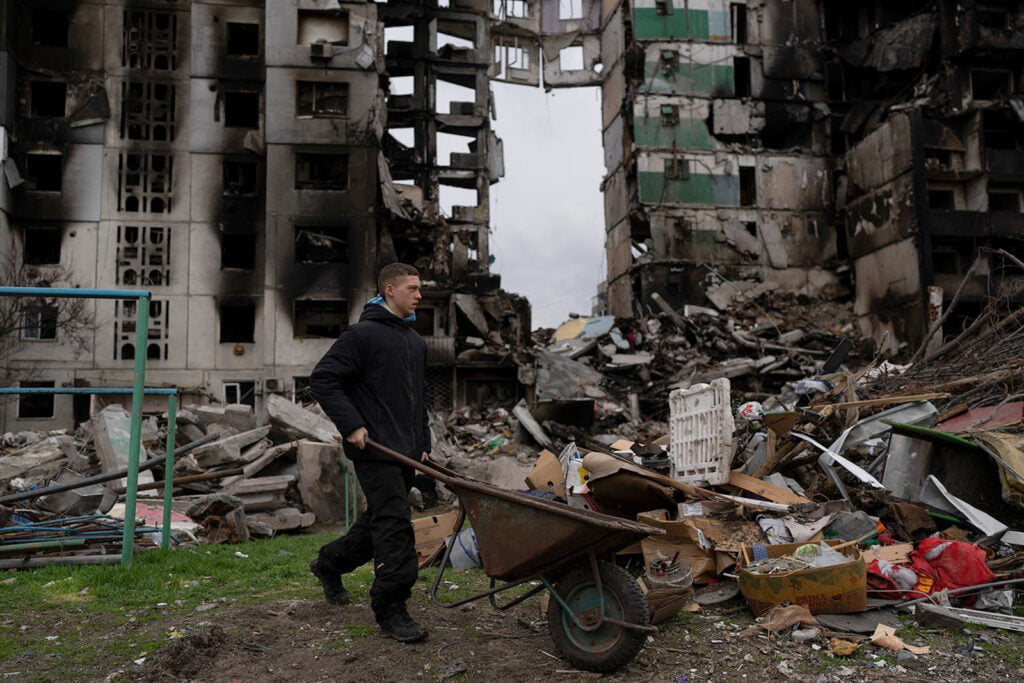We use cookies to improve your experience with Monash. For an optimal experience, we recommend you enable all cookies; alternatively, you can customise which cookies you’re happy for us to use. You may withdraw your consent at any time. To learn more, view our Website Terms and Conditions and Data Protection and Privacy Procedure.
COP27
Published on November 7, 2022Adaptation, mitigation, and negotiation will be on the agenda as the world gathers in Sharm el-Sheikh for the 27th Conference of the Parties climate meeting.
 COP27 is taking place in Sharm El-Sheikh, Egypt from November 6-18. Michael Joiner, 360info CC BY 4.0
COP27 is taking place in Sharm El-Sheikh, Egypt from November 6-18. Michael Joiner, 360info CC BY 4.0
Adaptation, mitigation, and negotiation will be on the agenda as the world gathers in Sharm el-Sheikh for the 27th Conference of the Parties climate meeting.
When the world’s leaders convene in Egypt’s Sharm el-Sheikh for the 27th Conference of Parties, they will do so under very different circumstances to last year’s COP26 in Glasgow.
Crises have erupted over the past 12 months: the invasion of Ukraine, energy and food shortages, and global economic instability and price inflation. The pledges of COP26 are colliding with the realities of governments focusing on their narrower domestic agenda. It is a much changed and more troubled world.
In addition, countries have experienced extreme climate change events over the last year including the floods in Pakistan, hurricanes in the United States, and a US$20 billion drought in Europe. All requiring immediate attention and action.
It is an urgency recognised by Egypt’s foreign minister, Sameh Shoukry, who will chair COP27.
“If countries are to backtrack or deviate from their commitments, and their efforts to maintain those agreements and understandings made in Paris and Glasgow, we will be on track to have over 2°C and maybe up to 3.6°C, according to the science available,” he said recently.
“These are contradictions and everybody has to be serious in dealing with those contradictions.”
Developing economies, especially those low-emitting countries in the Pacific, are feeling the brunt of climate change and asking wealthy nations to pay proportionately for their contribution and responsibility for accelerating global warming. But global loss and damage funding has failed to pick up steam (especially with other more pressing demands for national financial help), forcing COP27 to consider a different approach — debt cancellation.
Looming over these negotiations are two superpowers at inflection points. The United States, on the doorstep of mid-term elections, looking to continue the momentum of their historic Inflation Reduction Act. China, fresh off its historic National People’s Congress. Last year, the two countries stunned the world by announcing a bilateral agreement. However, following a rocky year, ignited by US House Speaker Nancy Pelosi’s visit to Taiwan, the future of climate collaboration between the US and China is much less certain.
Will the discord give an opportunity for new players to assert themselves in global climate talks? Will the change of government in Australia spark enthusiasm for its hopes to host an upcoming COP with the Pacific nations? And will the host country, Egypt, keen to make the most of an African-based COP, forge a new narrative for its ambitious allies to have an increased say on how the world moves forward on climate.
REALITY CHECK
198 countries will be represented at COP27, all signatories to the UN Framework Convention on Climate Change.
Global energy-related carbon dioxide emissions rose by six percent in 2021 to 36.3 billion tonnes, the largest absolute increase in recorded history.
To reach the preferable international target of 1.5°C global warming, global emissions must be halved by 2030.
BIG IDEAS
Quotes attributable to Frank Jotzo, ANU:
“The most contentious issue in climate negotiations is money. It is accepted that rich countries need to help the developing world financially to reduce emissions and deal with climate change. How and how much has been a big topic in climate negotiations for decades. But developing economies do not see money flowing their way at anywhere near the scale needed.”
“Stepping back from controversies over money, the overarching topic for international climate policy is ambition. The Paris Agreement framework is geared to continually ratchet up the ambition in countries’ commitments to cut emissions. Last year’s COP decided that countries that had not yet updated their 2030 emissions targets should do so by now. But only few have done so, and the overall strength of pledges remains insufficient.”
Quote attribute to Melanie Pill, ANU or Priyatma Singh, The University of Fiji:
“A cruelty of climate change is that the countries most immediately suffering its consequences are low-emissions states that least contributed to it. These countries — Small Island Developing states, coastal regions like Bangladesh or archipelagos such as Indonesia — are developing economies, whose progress continues to be blasted backwards by floods, cyclones, rising seas and droughts.”
PERSPECTIVES
Setting the scene for COP27: Crisis weighs heavy on the parties but climate opportunity awaits
Frank Jotzo, ANU
The world is much less stable than it was 12 months ago at COP26, but the adversities are unlikely to derail climate change action longer term.
Video bio: Prof Frank Jotzo
New energy: Australia hopes to change its climate reputation at COP27
Robyn Eckersley, University of Melbourne
A new government hopes to transform Australia’s reputation into a climate leader at COP27. But there’s a lot of damage to unpick.
Video bio: Prof Robyn Eckersley
















